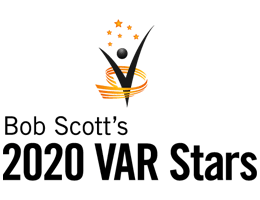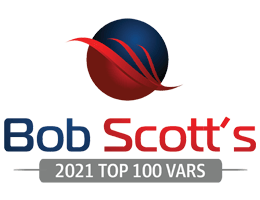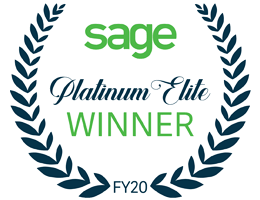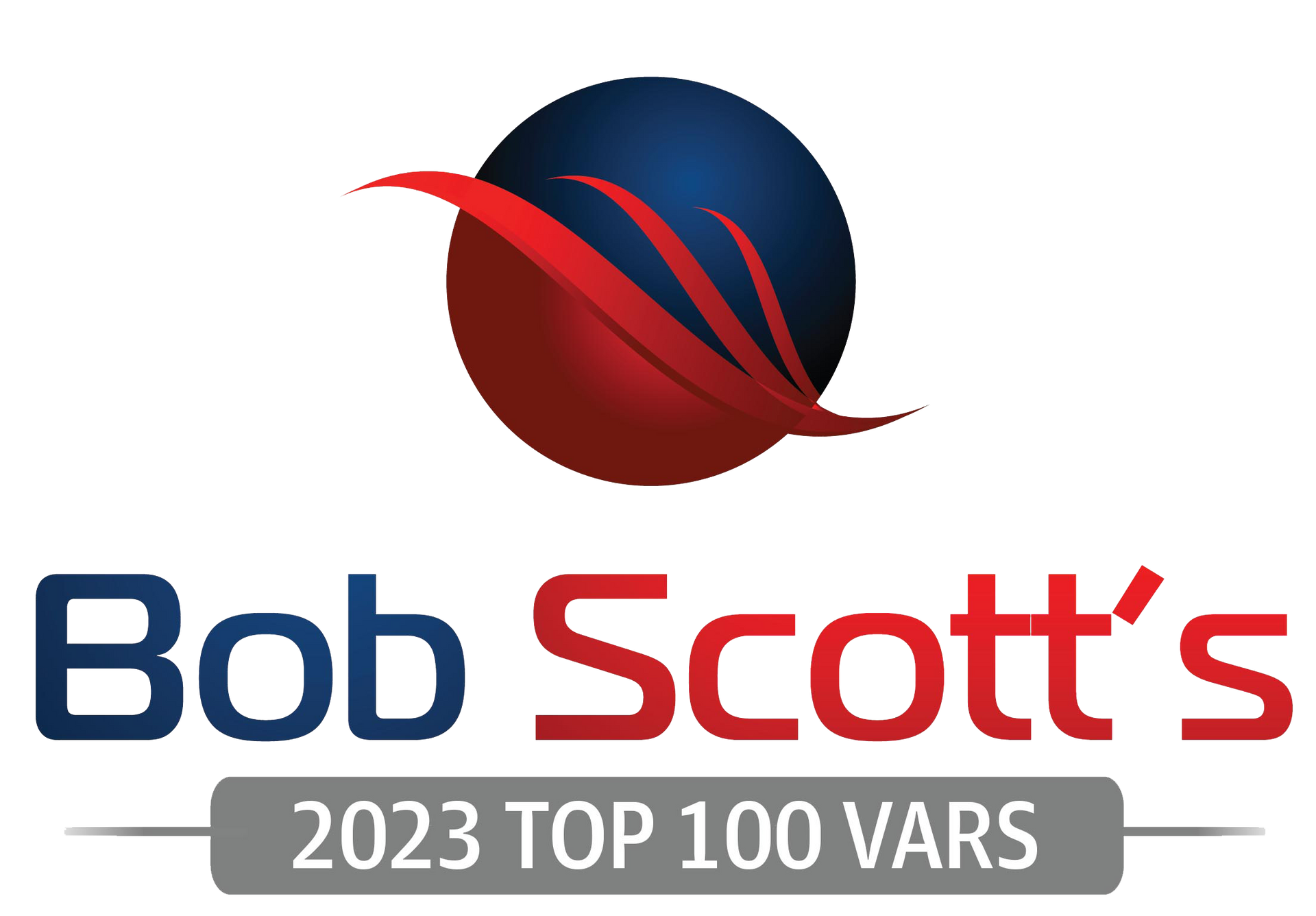Optimizing Your Food Business with the Best Food ERP Software

In the fast-paced world of the food industry, efficiency is key.
From managing perishable inventory to ensuring compliance with food safety standards, the challenges are many.
Enter ERP software solutions for food businesses.
This powerful tool can streamline operations, enhance data analysis, and improve supply chain management. It can also aid in recipe management, scalability, and production planning, leading to cost efficiency.
In this comprehensive guide, we delve into the world of food ERP software. We explore its benefits, features, and how it can optimize your food business.
Understanding ERP Software for Food Businesses
ERP, or Enterprise Resource Planning, is a type of software that integrates various business processes.
In the food industry, ERP software is a game-changer.
It consolidates data from different departments into a single system. This allows for real-time data analysis and informed decision-making.
ERP software for food businesses is designed to handle industry-specific challenges. These include managing perishable goods, complying with food safety regulations, and dealing with complex supply chains.
The Role of ERP in Food Industry Operations
ERP software plays a crucial role in food industry operations.
It helps in inventory control, ensuring that perishable goods are managed efficiently.
ERP systems also enhance supply chain visibility, aiding in coordination and compliance.
Moreover, they provide comprehensive business management tools, improving operational efficiency.
Key Features of Food-Specific ERP Systems
Food-specific ERP systems come with features tailored to the needs of the food industry.
These include recipe management, compliance tracking, and production planning.
They also offer scalability, adapting to the growth and expansion of the business.
Moreover, these systems provide cost efficiency by reducing waste and improving inventory management.
Key features of food-specific ERP systems include:
- Recipe management
- Compliance tracking
- Production planning
- Scalability
- Cost efficiency
Inventory Control and Management
Inventory control is a critical aspect of food businesses.
ERP software provides tools for efficient inventory management.
It helps track the movement of goods, from raw materials to finished products.
This ensures that stock levels are maintained, reducing the risk of overstocking or understocking.
Reducing Waste with Efficient Inventory Management
Waste reduction is a significant benefit of efficient inventory management.
ERP software helps identify slow-moving items, allowing for timely action.
This can prevent spoilage of perishable goods, reducing waste.
Moreover, it can lead to cost savings, contributing to the bottom line.
Real-Time Tracking for Perishable Goods
Real-time tracking is another advantage of ERP software.
It allows for the monitoring of perishable goods throughout their lifecycle.
This can help ensure the freshness and quality of products.
Moreover, it can aid in compliance with food safety regulations.
Streamlining the Supply Chain
ERP software plays a crucial role in streamlining the supply chain.
It provides a centralized platform for managing all supply chain activities.
This includes procurement, production, distribution, and customer service.
By integrating these processes, ERP software can enhance efficiency and reduce costs.
Enhancing Supply Chain Visibility
Supply chain visibility is vital for food businesses.
ERP software provides real-time data on all supply chain activities.
This allows for better decision-making and improved operational efficiency.
Moreover, it can help identify bottlenecks and areas for improvement.
Coordination and Compliance in the Supply Chain
ERP software also aids in coordination and compliance.
It ensures that all supply chain activities align with business goals.
Moreover, it helps maintain compliance with food safety regulations.
This can reduce the risk of non-compliance penalties and protect the business's reputation.
Production Planning and Cost Efficiency
ERP software is a powerful tool for production planning.
It allows for accurate forecasting of demand, helping businesses plan their production accordingly.
This can reduce waste and ensure that products are always available when needed.
Moreover, ERP software can help manage complex food formulations, ensuring consistency and quality.
Strategies for Effective Production Scheduling
Effective production scheduling is crucial in the food industry.
ERP software can help by providing real-time data on inventory levels, demand, and production capacity.
This allows businesses to schedule production efficiently, reducing downtime and waste.
Moreover, it can help ensure that products are produced in time to meet customer demand.
Achieving Cost Efficiency through ERP
ERP software can also contribute to cost efficiency.
By streamlining processes and reducing waste, it can significantly reduce production costs.
Moreover, it can provide detailed product costing, helping businesses identify areas for cost reduction.
Finally, ERP software can help manage energy and utility costs, further enhancing cost efficiency.
Data Analysis and Business Intelligence
Data analysis is a key feature of ERP software.
It can provide valuable insights into various aspects of a food business, from sales trends to production efficiency.
These insights can inform strategic planning and decision-making, helping businesses stay competitive.
Moreover, ERP software can integrate with other business systems, such as CRM and HRM, providing a comprehensive view of the business.
Leveraging Data for Proactive Decision Making
ERP software can provide real-time data, enabling proactive decision-making.
For instance, it can alert businesses to potential inventory shortages, allowing them to take action before a problem arises.
It can also provide insights into customer behavior, helping businesses tailor their offerings to meet customer needs.
Moreover, it can provide detailed financial reporting, aiding in budgeting and financial planning.
The Impact of Real-Time Data on Food Business
Real-time data can have a significant impact on a food business.
It can enhance operational efficiency, reduce waste, and improve customer satisfaction.
For instance, it can enable businesses to track the freshness of their products, ensuring that only high-quality products reach customers.
Moreover, it can provide insights into market trends, helping businesses stay ahead of the competition.
Compliance Tracking and Food Safety
Compliance tracking is another crucial aspect of ERP software for food businesses.
It can help businesses ensure that they are meeting all relevant food safety and quality standards.
This is particularly important in the food industry, where non-compliance can result in serious consequences, including product recalls and damage to the brand's reputation.
ERP software can automate compliance tracking, reducing the risk of human error.
Ensuring Compliance with Food Safety Standards
ERP software can help businesses maintain detailed records of their compliance with food safety standards.
For instance, it can track the temperature of refrigerated goods, ensuring that they are stored at safe temperatures.
It can also track the use of allergens in food production, helping businesses comply with labeling requirements.
Moreover, it can provide documentation for audits, demonstrating a business's commitment to food safety.
Traceability and Recall Management
Traceability is a key requirement in the food industry.
ERP software can provide end-to-end traceability, from raw materials to finished products.
This can be invaluable in the event of a product recall, enabling businesses to quickly identify and remove affected products.
Moreover, it can provide consumers with confidence in the safety and quality of a business's products.
Scalability and Growth with ERP
Scalability is a key feature of ERP software for food businesses.
As a business grows and evolves, its needs and requirements change.
A scalable ERP system can adapt to these changes, supporting business growth and expansion.
It can handle increased data volumes, more complex processes, and additional users without compromising performance.
Supporting Business Expansion through Scalable Solutions
ERP software can support business expansion in several ways.
For instance, it can manage increased production volumes, helping businesses meet growing consumer demand.
It can also support the addition of new product lines or the expansion into new markets.
Moreover, it can facilitate the management of multiple locations, whether they are domestic or international.
Choosing a Scalable ERP for Long-Term Success
Choosing a scalable ERP system is crucial for long-term success.
A system that is not scalable may become a bottleneck as the business grows, hindering rather than supporting growth.
Businesses should consider their long-term goals and plans when selecting an ERP system.
They should choose a system that can grow with them, providing the functionality and capacity they need now and in the future.
Selecting the Right ERP Software for Your Food Business
Selecting the right ERP software for your food business is a critical decision.
It can significantly impact your business operations, efficiency, and profitability.
There are many ERP vendors in the market, each offering different features, capabilities, and pricing models.
It's important to evaluate these options carefully, considering your specific business needs, budget, and long-term goals.
Evaluating ERP Vendors: Sage Food and Others
When evaluating ERP vendors, consider their industry expertise and track record.
Vendors like Sage Food specialize in ERP software for the food industry, offering features tailored to this sector's unique needs.
Also, consider the vendor's customer support, training resources, and commitment to continuous improvement and updates.
Remember, the right ERP system should not only meet your current needs but also adapt to your future growth and changes.
Implementation and Training: Ensuring a Smooth Transition
Implementing a new ERP system can be a complex process.
It requires careful planning, coordination, and training to ensure a smooth transition.
Choose a vendor that offers comprehensive implementation support and training resources.
This can help your team understand and utilize the system effectively, maximizing its benefits for your business.
Conclusion: The Future of Food ERP
The future of food ERP is promising, with technological advances offering new possibilities.
These systems are becoming more sophisticated, integrating AI, machine learning, and IoT devices for enhanced capabilities.
As the food industry continues to evolve, so will the ERP systems that support it.
Embracing Technological Advances in Food ERP
Embracing these technological advances can give your food business a competitive edge.
It can help you streamline operations, make informed decisions, and adapt to changing market conditions.
The ROI of Investing in ERP Software
Investing in ERP software can yield significant returns for your food business.
It can improve efficiency, reduce waste, enhance compliance, and ultimately, boost your bottom line.
More from the blog








